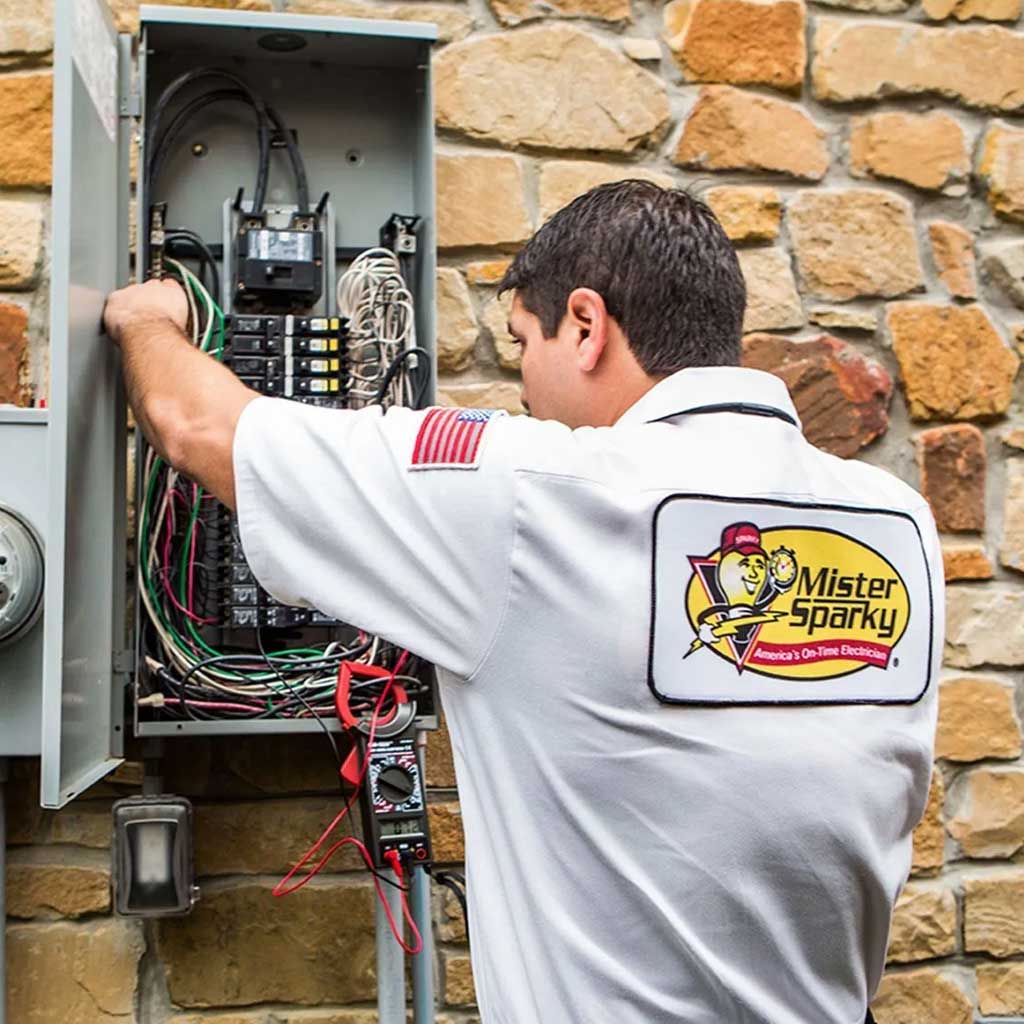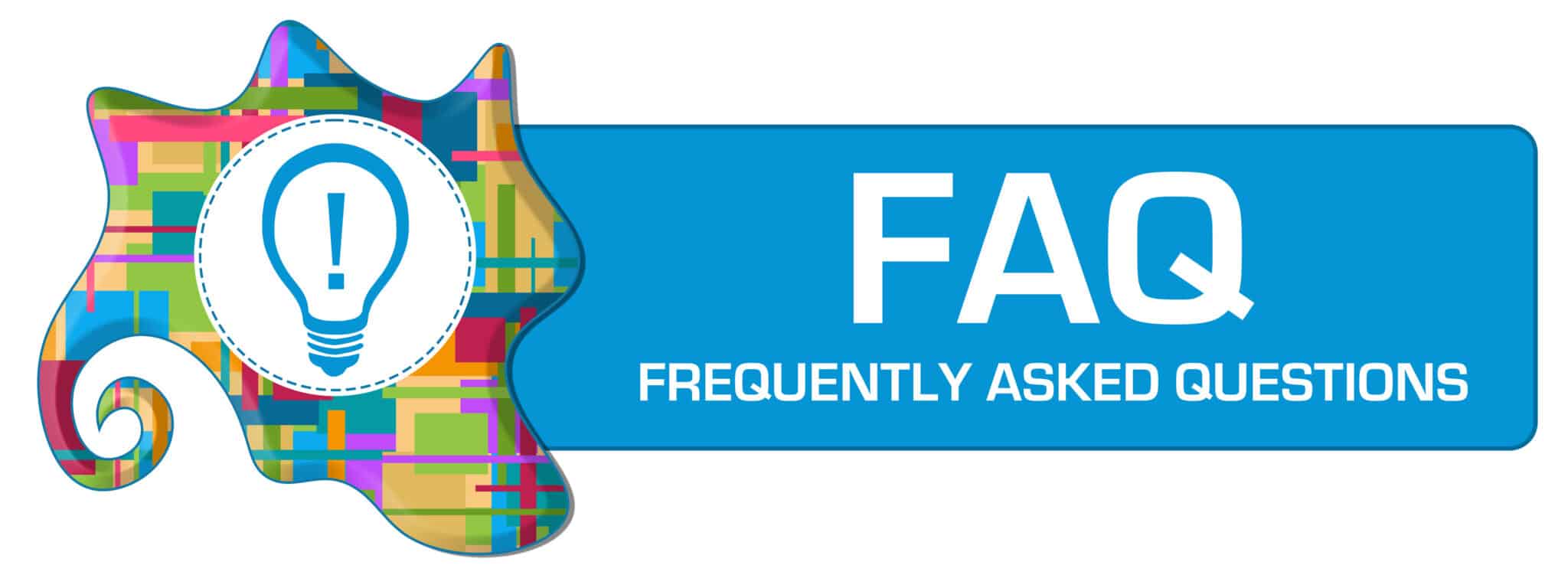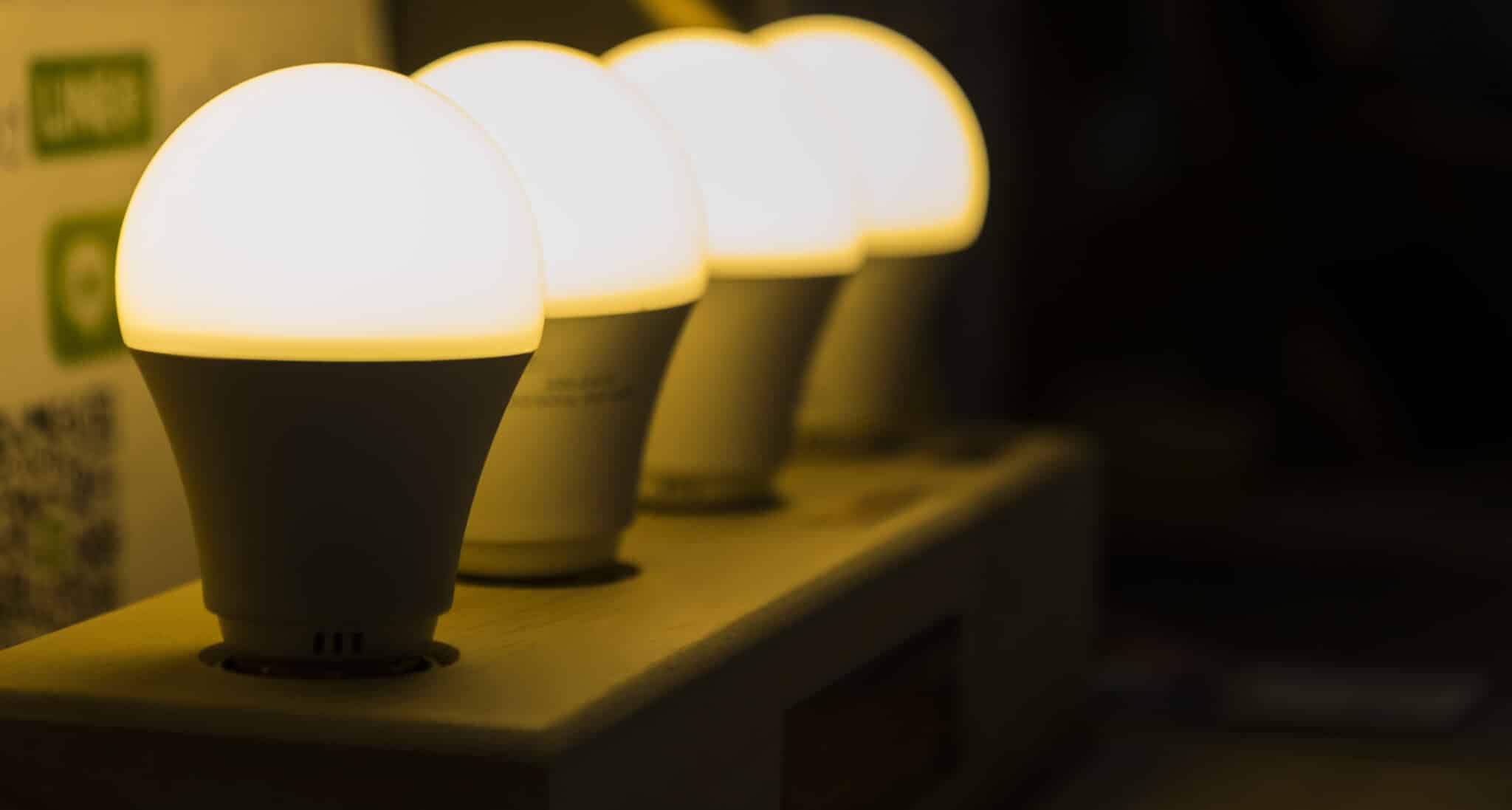Energy-Saving Tips – Ever wonder why your electricity bill is so high? Reducing energy usage is easier than you think. With just a few simple changes, you can save money and make your home more eco-friendly.
Ready to learn how? Let’s dive into some practical energy-saving tips that will have a big impact on your wallet and the planet.
Switch to Energy-Efficient Lighting
Replace Incandescent Bulbs with LEDs
By replacing your old bulbs with LEDs, you not only save money but also help the environment. LEDs last much longer, so you won’t have to change them as often, making it a win-win for your wallet and the planet. Incorporating these energy-saving tips into your home can significantly reduce your lighting costs and contribute to a greener world.
Utilize Smart Lighting Controls
Smart lighting controls can help. These devices allow you to control your lights with a smartphone or set them on a timer. This means you can turn off lights remotely if you forgot to do so before leaving the house.
Plus, with features like motion sensors, your lights will only turn on when needed, further saving energy. By using these energy-saving tips, you can ensure that lights are used efficiently, reducing waste and lowering your electricity bills.
Upgrade to Smart Power Strips
Combat Phantom Energy Loss
Phantom energy loss, also known as standby power, can account for up to 10% of your electricity bill. Smart power strips cut power to devices that aren’t in use, preventing this unnecessary energy drain.
By plugging your TV, gaming console, and other electronics into a smart power strip, you can stop wasting energy and start saving money. This energy-saving tips is simple yet highly effective in reducing your overall energy consumption.
Benefits of Advanced Power Strips
Advanced power strips offer features like timers and motion sensors, which add convenience and further energy savings. For example, you can set your power strip to turn off automatically when you leave the room or go to bed.
This ensures that you’re not using power when you don’t need to, making your home more energy-efficient.
Using advanced power strips is a smart energy-saving tips that can significantly cut down on energy waste and help you manage your household more efficiently.
Use Energy-Efficient Appliances
Importance of Energy Star Appliances
Energy Star appliances are designed to use less energy without sacrificing performance. They meet strict energy efficiency guidelines set by the U.S.
Environmental Protection Agency. By choosing Energy Star-rated appliances, you can significantly reduce your energy consumption and lower your utility bills.
For instance, Energy Star refrigerators use about 15% less energy than non-certified models. Following these energy-saving tips, you can ensure that your home runs more efficiently and economically.
Top Energy-Saving Appliances for Your Home
When upgrading your appliances, look for energy-efficient options for your refrigerator, washing machine, dishwasher, and oven.
These appliances are used frequently and can have a big impact on your overall energy usage. Modern, energy-efficient models are not only better for the environment but also come with advanced features that can make your life easier.
By incorporating these energy-saving tips into your purchasing decisions, you can choose appliances that reduce energy consumption, helping you to create a more sustainable home.
Implement Efficient Washing Practices
Use Cold Water for Laundry
Washing clothes in cold water can save a lot of energy. Heating water accounts for about 90% of the energy used by your washing machine. By switching to cold water, you can reduce your energy usage and still get your clothes clean.
Modern detergents are designed to work well in cold water, so there’s no need to worry about your laundry being less effective. These energy-saving tips not only lowers your energy bill but also helps protect the environment by reducing your carbon footprint.
Air Dry Clothes to Save Energy
Instead of using a dryer, try air drying your clothes. Not only does this save a significant amount of energy, but it also extends the life of your clothes by reducing wear and tear from the dryer.
You can use a drying rack or clothesline inside or outside your home. Plus, air drying can give your clothes a fresh, natural scent. These simple energy-saving tips can make a big difference in your household’s overall energy consumption.
Optimize Your Refrigerator and Freezer
Defrost Regularly to Maintain Efficiency
Frost buildup in your freezer can reduce its efficiency, making it work harder and use more energy. Regularly defrosting your freezer ensures it runs smoothly and consumes less power.
If your freezer doesn’t have an auto-defrost feature, make it a habit to manually defrost it every few months. These energy-saving tips can help keep your freezer in top condition and lower your electricity bills.
Keep Appliances Full to Reduce Energy Use
Keeping your refrigerator and freezer full helps them maintain a consistent temperature, which reduces the amount of energy they use. When there’s less empty space, the cold air doesn’t escape as quickly when the door is opened.
If you don’t have enough food to keep them full, consider filling empty spaces with water jugs or ice packs. This energy-saving tips ensures that your appliances work efficiently and consume less energy.
Maximize Natural Light Usage
Benefits of Daylighting
Daylighting involves using natural light to illuminate your home. This not only reduces your energy bills but also creates a pleasant, healthy living environment.
Natural light can improve your mood and productivity, and it’s better for your eyes than artificial lighting. Plus, it helps to heat your home naturally, reducing your heating costs in cooler months.
Tips for Effective Use of Natural Light
Maximizing natural light in your home is easier than you think. Here’s how:
- Keep Windows Clean: Clean windows allow more sunlight to enter your home.
- Use Light-Colored Paints: Light colors on walls and ceilings reflect more light, making rooms brighter.
- Strategic Furniture Placement: Arrange furniture to avoid blocking windows. Place mirrors opposite windows to reflect light throughout the room.
- Install Skylights: Consider adding skylights to rooms that don’t get enough natural light.
By following these tips, you can make the most of natural light and create a brighter, more energy-efficient home.
Employ Timers and Motion Sensors
Automate Lighting and Appliance Use
Timers can be set to turn lights and appliances on and off at specific times, ensuring they are only in use when needed. For example, you can set a timer to turn off your outdoor lights at sunrise or to turn on your coffee maker just before you wake up.
This simple automation helps you avoid wasting energy on lights and appliances that don’t need to be on all the time.
Benefits of Motion Sensors in Reducing Energy Waste
Motion sensors are a great way to ensure lights are only used when someone is in the room. These sensors detect movement and automatically turn lights on or off. They are perfect for areas like hallways, bathrooms, and garages, where lights are often left on by accident.
By using motion sensors, you can significantly cut down on unnecessary energy consumption and lower your electricity bill.

Schedule Regular Electrical Maintenance
Importance of Annual Check-Ups
Scheduling annual check-ups with a qualified electrician can help you catch potential problems before they become serious. During these check-ups, the electrician will inspect your electrical system, identify any issues, and perform necessary repairs.
This proactive approach can prevent dangerous situations like electrical fires and ensure that your system is running efficiently, which can save you money on your energy bills.
Common Electrical Issues and Solutions
There are several common electrical issues that regular maintenance can help address. Faulty wiring is a major safety hazard; old or damaged wiring can be identified and replaced by an electrician to prevent electrical fires.
Overloaded circuits are another concern, as too many devices on a single circuit can cause overloads and tripped breakers. An electrician can help balance your electrical load and install additional circuits if needed.
Upgrade Outdated Electrical Systems
Benefits of Modern Electrical Panels
Modern electrical panels are designed to handle the higher electrical demands of today’s appliances and devices. Upgrading to a new panel can prevent circuit overloads and reduce the risk of electrical fires.
Additionally, modern panels are more efficient, which can help lower your energy bills. They often come with features like better circuit protection and the ability to add more circuits, making your home safer and more adaptable to your needs.
Enhancing Home Safety and Efficiency
Upgrading your electrical system also enhances the overall safety of your home. Old wiring and outdated panels can pose serious risks, including electrical shocks and fires.
By investing in a modern system, you can ensure that your home meets current safety standards. Moreover, a new electrical system can support the latest energy-efficient appliances, further reducing your energy consumption and costs.
Reduce Standby Power Consumption
Unplug Unused Electronics
One of the simplest energy-saving tips is unplugging electronics when they’re not in use. Many devices, like chargers, TVs, and computers, continue to draw power even when they’re turned off.
By unplugging these devices or switching off the power strip they’re connected to, you can stop this energy drain and save money.
Use Power Strips to Control Multiple Devices
Using power strips is another effective energy-saving tips to manage and reduce standby power consumption. With a single switch, you can turn off multiple devices at once, making it easier to cut off power to electronics that aren’t in use.
Some power strips even come with built-in timers or smart features that can automatically turn off devices after a certain period, further enhancing your energy savings.
Implement Efficient Cooking Practices
Use Microwaves and Toaster Ovens
Using microwaves and toaster ovens for cooking and reheating food can save a lot of energy compared to traditional ovens. These smaller appliances heat up faster and use less energy.
For instance, microwaves are perfect for reheating leftovers or cooking small meals, while toaster ovens are great for baking or toasting without needing to preheat a large oven.
Minimize Oven Use and Keep It Efficient
When you do need to use your oven, try to cook multiple dishes at once to make the most of the energy used.
Also, keep the oven door closed as much as possible to maintain the temperature and reduce energy loss. Preheating the oven is only necessary for specific recipes, so skip this step if it’s not required.
Another great energy-saving tips is to use glass or ceramic dishes, which retain heat better than metal ones, allowing you to cook food at lower temperatures.
Educate Household Members on Energy Conservation
Creating an Energy-Saving Culture at Home
Start by discussing the benefits of energy conservation with your family. Explain how saving energy can lower utility bills and reduce your household’s environmental impact.
Encourage everyone to adopt energy-saving habits, such as turning off lights when leaving a room, unplugging devices when they’re not in use, and using energy-efficient appliances.
Simple Habits for Daily Energy Savings
Here are some energy-saving tips that everyone in the household can easily follow:
- Turn Off Lights and Electronics: Make it a habit to switch off lights and unplug electronics when they’re not needed.
- Use Power Strips: Connect multiple devices to power strips and turn them off with a single switch when the devices aren’t in use.
- Take Shorter Showers: Reducing shower time can save both water and the energy used to heat it.
- Close Curtains and Blinds: Keep them closed during hot days to reduce cooling costs and open them during cold days to let in the sun’s warmth.
- Set Thermostats Wisely: Adjust thermostats to save energy when you’re not at home or while sleeping.
By instilling these habits, you can ensure that everyone contributes to making your home more energy-efficient.
Brighten Your Home with Mister Sparky of Charleston!
Looking to cut down on energy costs in Charleston? Trust Mister Sparky of Charleston for expert electrical services and top-notch energy-saving tips.
Our skilled electricians are ready to help you make your home more efficient and safe. Contact us today to schedule an appointment and start saving on your energy bills!

FAQs About Energy-Saving tips
How Much Can I Save with LED Bulbs?
Switching to LED bulbs can save you up to 80% on lighting costs compared to traditional incandescent bulbs. Over the lifespan of the bulbs, this can add up to significant savings on your electricity bill. Incorporating LED bulbs is one of the simplest and most effective energy-saving tips you can implement in your home.
How Do Smart Power Strips Work?
They often have built-in timers, motion sensors, or master/slave outlets that detect when a primary device is turned off and subsequently cut power to secondary devices. Implementing smart power strips is a practical energy-saving tips that can help reduce phantom energy loss in your home.
Why Should I Use Energy Star Appliances?
They meet strict energy efficiency guidelines set by the U.S. Environmental Protection Agency, helping you save on energy bills and reduce your carbon footprint. Opting for Energy Star-rated products is a key energy-saving tips for anyone looking to make their home more eco-friendly.
Can Dimmer Switches Save Energy?
Yes, dimmer switches can save energy by reducing the amount of electricity used by your lights. By dimming your lights, you lower the wattage and decrease energy consumption. Installing dimmer switches is a simple energy-saving tip that can also extend the lifespan of your bulbs.
How Can Using Solar Panels Reduce My Energy Bills?
Solar panels convert sunlight into electricity, reducing your reliance on the grid and lowering your energy bills. By generating your own renewable energy, you can significantly decrease your electricity costs and contribute to a greener environment. Installing solar panels is a long-term energy-saving tip that offers substantial financial and environmental benefits.
Why Should I Consider Motion Sensor Lighting?
Motion sensor lighting automatically turns lights on when movement is detected and off when there is no activity. This prevents lights from being left on unnecessarily, reducing energy consumption. Incorporating motion sensor lighting is a practical energy-saving tip for both indoor and outdoor areas.
How Does Proper Insulation of Electrical Outlets and Switches Save Energy?
Proper insulation of electrical outlets and switches prevents drafts and reduces heat loss. This helps maintain a consistent indoor temperature, lowering the need for additional heating or cooling. Insulating your electrical outlets and switches is a straightforward energy-saving tip that can improve your home’s energy efficiency.









